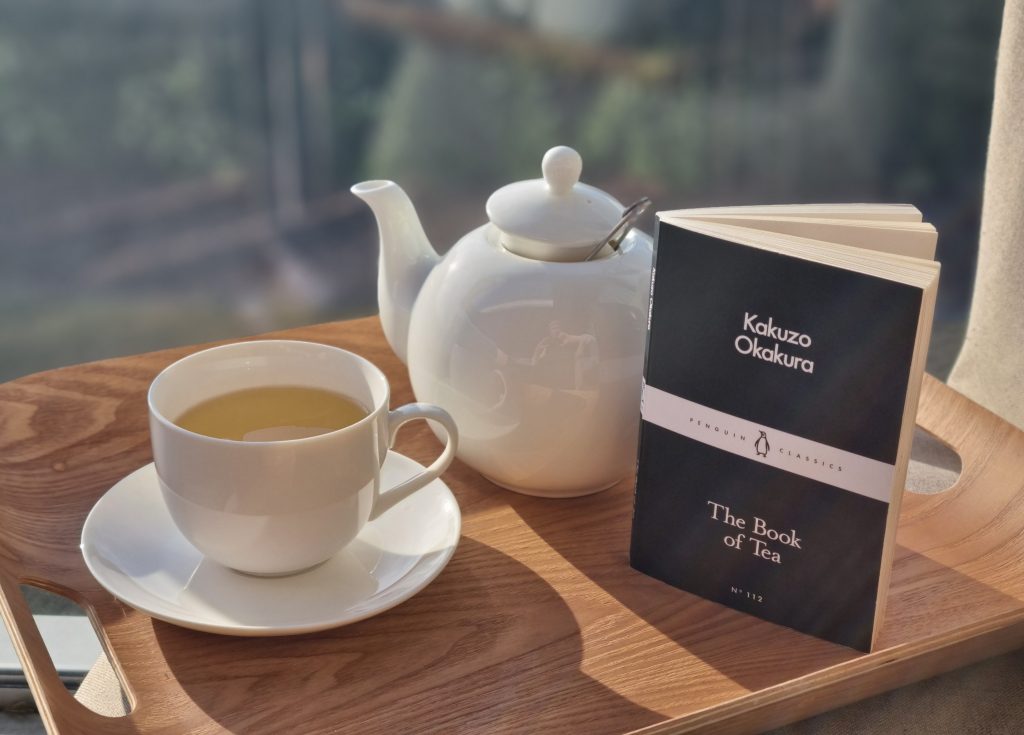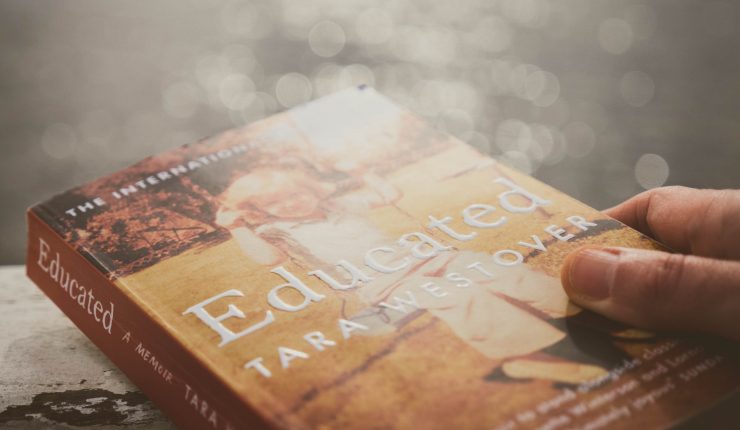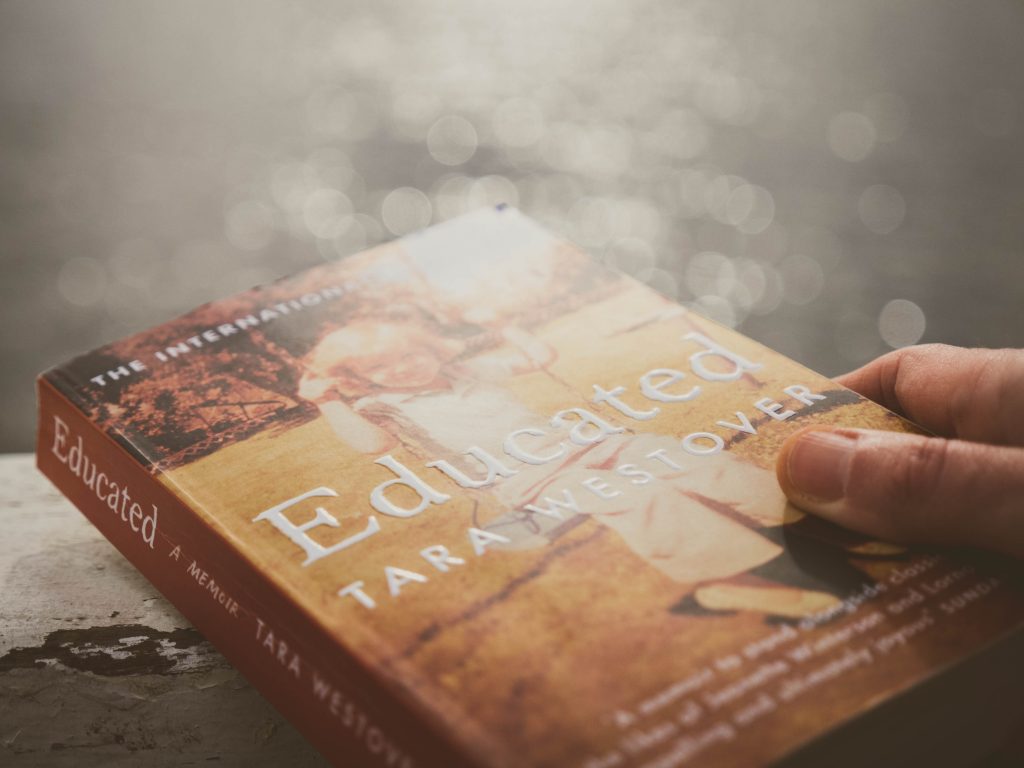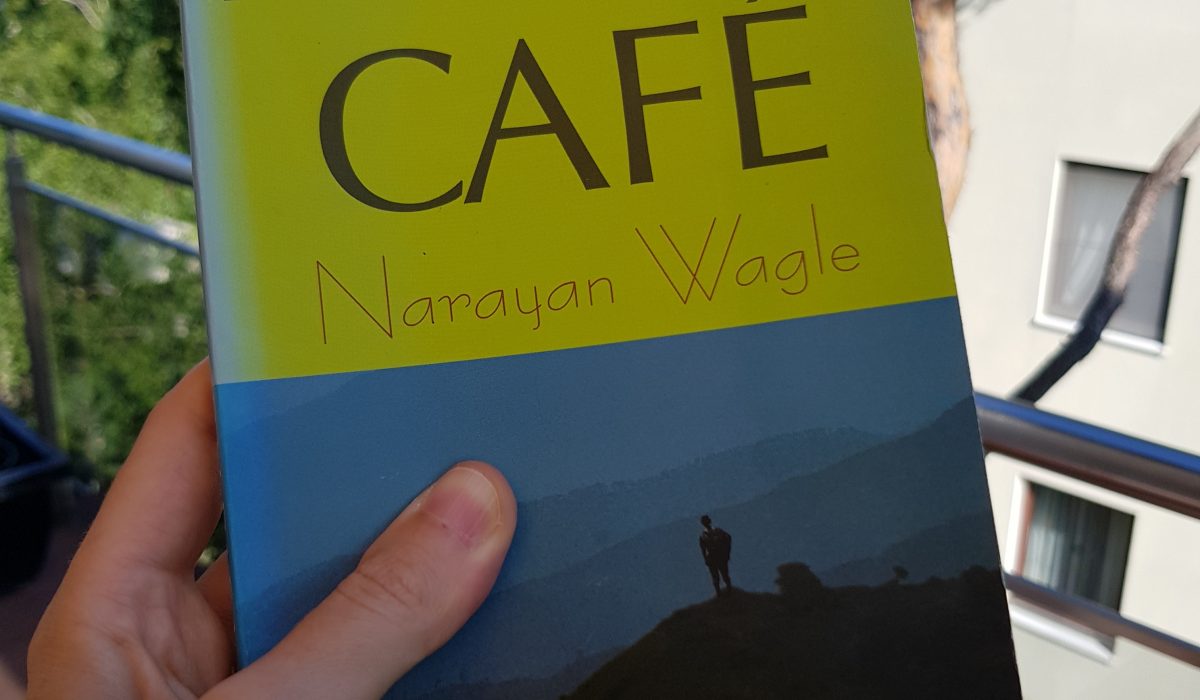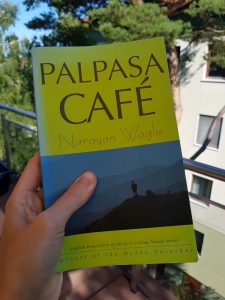I’ve never been to Japan. I don’t know much about this far eastern island and my vague idea about it rests on a few common stereotypes. When I think of Japan this is what comes to my mind: sushi, snow pink cherry blossoms, earthquakes, the Samurai and geishas, mount Fuji ever meandering on the horizon, or the busy and full of game rooms Tokyo, like shown in Sofia Coppola’s iconic motion picture “Lost in Translation.”
Recently, my high school friend recommended I read and propose to the book club members a small inconspicuous book by a Japanese author who lived at the turn of the 19th and 20th centuries. At first, I was a bit hesitant as to whether such an uncontemporary and a bit eccentric piece is a good choice for a book club taking place in a very different reality – that of the 21st century Western world. But, as I began immersing myself in the text I quickly sensed that it not only makes one imagine Japan, but it brings one closer to the sophisticated thoughts underpinning Japanese culture. Ideas that, to me, seem incredibly attractive and worth spreading in the Western world. Beliefs that, if known to the Westerners, could only make our Western culture richer or at least questioned in some of its aspects. We, Westerners, have so much to learn from the Far East! The book I refer to is called “The Book of Tea” written by Kakuzo Okakura (1862 – 1913) at the very beginning of the 20th century.
